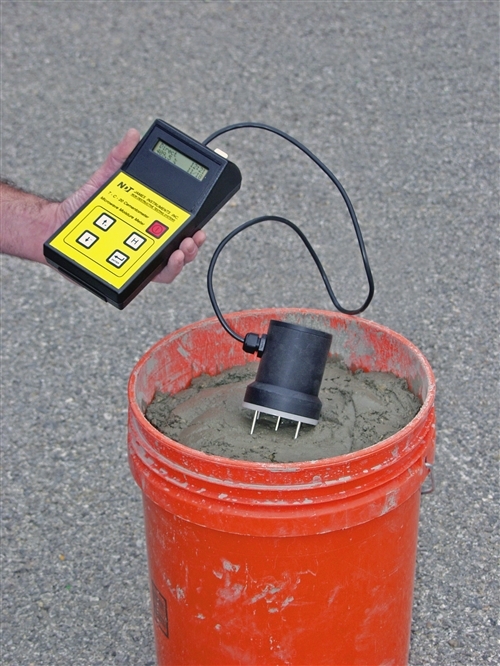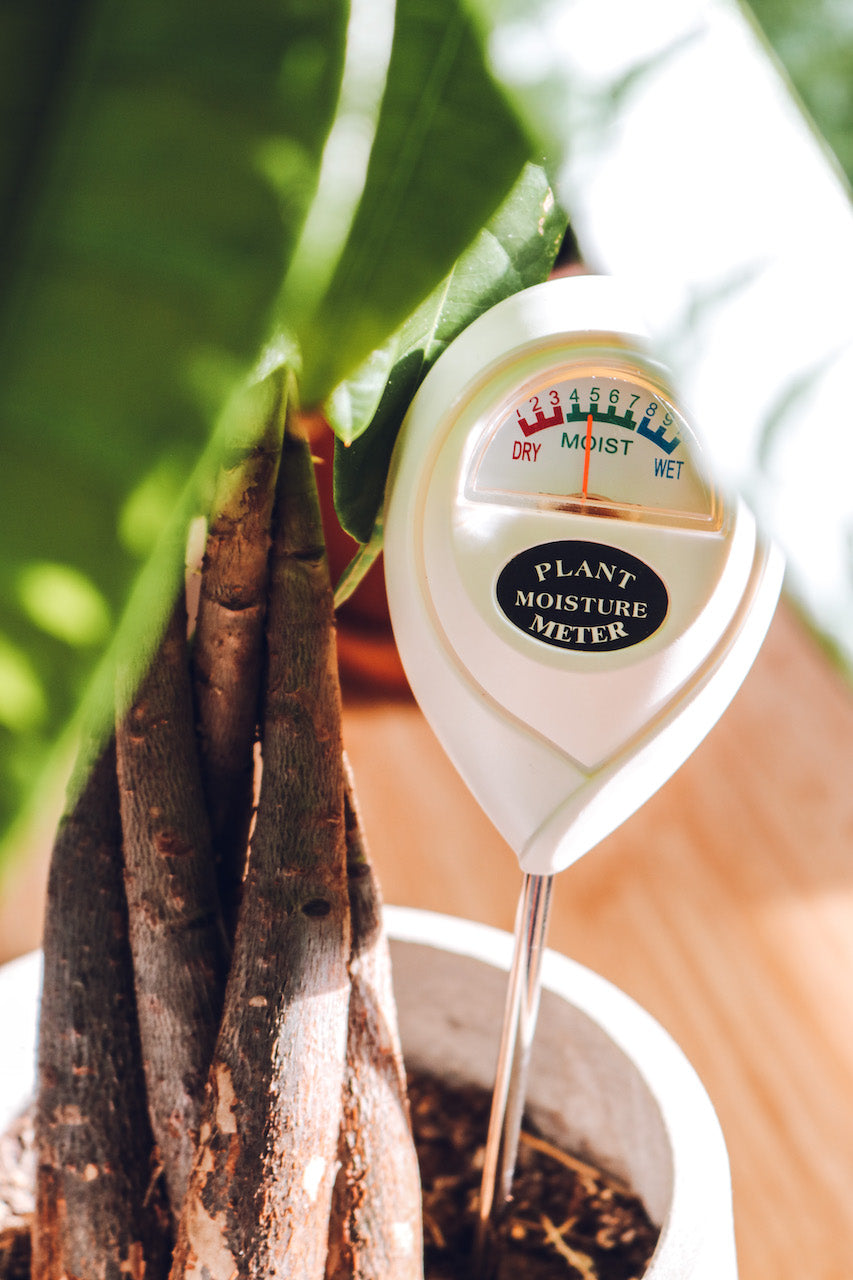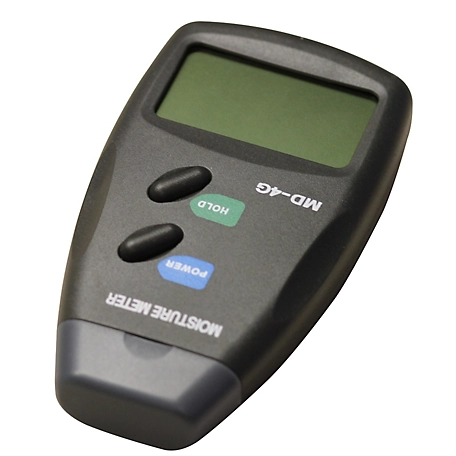The Ultimate Overview to Moisture Meters: A Comprehensive Review and Exactly How They Can Save You Money
In the realm of structure upkeep, building, and various markets, the importance of accurately gauging wetness levels can not be overstated. Wetness meters serve as important tools in spotting and monitoring moisture web content in materials, aiding in protecting against expensive damages and ensuring the high quality of products. Recognizing the nuances of different kinds of moisture meters, their applications, and the possible cost-saving benefits they offer can be a game-changer for professionals and organizations alike. Finding just how these gadgets can not only simplify processes yet likewise add to monetary cost savings is a journey worth starting.
Kinds of Moisture Meters
Various kinds of moisture meters are readily available for various applications in different markets. One typical type is the pin-type moisture meter, which measures the electrical resistance in between two pins placed right into a material. This kind appropriates for wood, drywall, and various other building materials. Pinless dampness meters, on the other hand, use electro-magnetic sensor plates to check a larger area without creating damages to the material's surface. These meters are ideal for swiftly assessing wetness degrees in huge areas such as floors and wall surfaces.
Infrared moisture meters measure the thermal homes of a material to establish its dampness material non-invasively, making them helpful for applications where pin or pinless meters may not be ideal. Recognizing the various types of moisture meters readily available can aid markets choose the most appropriate device for their certain wetness measurement demands.

Benefits of Utilizing Moisture Meters

Moreover, utilizing wetness meters can lead to enhanced energy efficiency. In farming setups, wetness meters play a vital function in enhancing crop yields by making it possible for farmers to check dirt wetness levels and make educated watering decisions.
Exactly How to Choose the Right Moisture Meter
Selecting the ideal dampness meter includes considering key variables such as product compatibility, measurement range, and calibration precision. When selecting a moisture meter, it's essential to make certain that the meter appropriates for the particular material you will certainly be testing. Different products have varying electric properties that can influence wetness analyses, so choosing a meter developed for your product is important for accurate outcomes. Additionally, take into consideration the measurement array of the moisture meter. Make certain that the meter can find moisture levels within the variety needed for your applications. Calibration accuracy is an additional vital variable to keep in mind (Moisture Meter). Go with a moisture meter with dependable calibration to make sure precise and constant analyses. Some meters might require regular calibration adjustments, so comprehending the calibration procedure is essential. By very carefully reviewing these elements, you can select a dampness meter that meets your requirements and supplies accurate moisture dimensions for your tasks.
Proper Methods for Moisture Meter Use
To make sure precise dampness my latest blog post readings and maximize the performance of a dampness meter, using proper techniques is essential. When making use of a pin-type wetness meter, place the pins or probes into the product being examined till they make full call. By following these appropriate methods, users can rely on their wetness meter to provide credible moisture degrees, assisting in stopping costly damage or making certain high quality in numerous applications.

Expense Savings Via Moisture Meter Applications
Exactly how can the tactical application of moisture meters cause significant price financial savings across different sectors? Moisture meters play a crucial function in price savings by stopping possible damage and making sure quality control in different markets. In the agriculture industry, wetness meters help in determining the ideal time for collecting crops, avoiding excess or over-drying click this moisture that can impact the last item's top quality. This precise tracking assists farmers stay clear of unnecessary losses and maximize their yield.

Additionally, in the food processing industry, moisture meters are vital for keeping an eye on product high quality and guaranteeing compliance with security policies. By accurately measuring moisture web content in food, suppliers can protect against perishing, keep quality, and lower waste, causing substantial expense savings. Overall, the strategic application of dampness meters is a beneficial financial investment that can result in substantial cost decreases and enhanced efficiency throughout numerous markets.
Conclusion
Finally, dampness meters are important tools for detecting and gauging dampness levels in different products. By utilizing the appropriate wetness meter and following correct methods, users can properly avoid costly problems caused by excess dampness. Purchasing a top quality moisture meter can bring about considerable price savings over time by determining possible problems early on and allowing prompt remediation. Inevitably, wetness meters are essential tools for keeping the stability and long life of products and structures.
Wetness meters offer as indispensable tools in finding and monitoring moisture material in products, aiding in stopping pricey damages and making certain the quality of products. Infrared wetness meters gauge the thermal buildings of a material find more information to determine its moisture material non-invasively, making them beneficial for applications where pin or pinless meters might not be appropriate.Wetness meters supply invaluable advantages in accurately assessing and keeping track of wetness levels in diverse materials and environments. In agricultural setups, dampness meters play a critical duty in maximizing plant returns by allowing farmers to keep track of soil moisture degrees and make educated watering decisions.In conclusion, wetness meters are useful tools for discovering and determining dampness degrees in different materials.